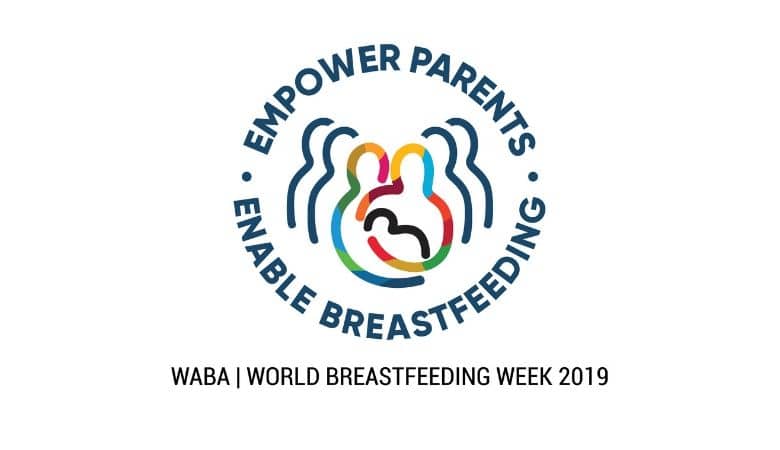
This essay on culture and community is the third of four posts celebrating World Breastfeeding Week and National Breastfeeding Month 2019. Read the introduction to the series here.
World Breastfeeding Week 2019 has segued into National Breastfeeding Month, whose theme this year is Support Changes Everything. Culture and community, in their many manifestations, are crucial to empowerment and support.
“A culture is a way of life of a group of people—the behaviors, beliefs, values, and symbols that they accept, generally without thinking about them, and that are passed along by communication and imitation from one generation to the next.”
Community is “a group of people living in the same place or having a particular characteristic in common; a feeling of fellowship with others, as a result of sharing common attitudes, interests, and goals.
“Whatever the question, the answer is in the community,” writes Kimberly Seals Allers, journalist and community and breastfeeding advocate. Each of us is a member of at least one culture/community. Each culture has its own ways to empower and support its members. In fact, we are often members of multiple cultures that sometimes seem to send conflicting messages about both empowerment and breastfeeding.
What is/are your culture(s)?
Who are the empowerment players in your culture and community? What is their role in imparting and enabling the values, behaviors, beliefs you hold dear?
- Parents, aunts, uncles
- Grandparents
- Community elders
- Peers, friends, siblings, cousins
- Religious leaders
- Spouse or partner
- Teachers
What are the spaces (physical and virtual) in your culture/community where people come together, where support and empowerment happen?
- At home
- In the neighborhood
- In the workplace
- At your place of worship
- In community centers (institutions, agencies, businesses)
- Social media (Facebook, Instagram, online discussions)
What tools does your culture have to empower, support, and protect its members?
- Wisdom and stories handed down to each generation
- Special foods, clothing
- Sacred and universally accepted texts
- Rituals and ceremonies (religious and otherwise)
- Training, encouragement, support, and reward for achievements that reflect the culture’s values.
All of these can empower parents and enable breastfeeding. Cultures have unique ways to support new families, including:
- Special foods, massage, baths, prepared by friends, family members, elders to recover from birth, to ease into parenthood, to increase milk supply.
- Time, often for somewhere around 40 days (about six weeks), in which parents are cared for and protected from outside responsibilities, including work and caring for older siblings.
- Special spaces where parents and babies can be together to get to know one another, establish breastfeeding, become a family.
We are also part of US culture, in which independence is highly valued, often over community support. For example, six weeks of protected time is mostly unheard of. How often are parents asked a couple of weeks after the birth, “How’s it going? Is everything back to normal yet?”
In US culture, “wisdom of elders” takes the form of medical knowledge, practice, advice. Modern medicine has much to offer; it protects and saves lives. The knowledge and research and the providers who offer it can be empowering and can help to support and enable breastfeeding. However, medicine and US culture do not have all the answers, or even ask all the right questions. It is one culture, one set of tools, among many available to you.
Breastfeeding is not only a medical event. It is a personal, family, community, culture event. Your cultures and your community are an important part of who you are. They offer much wisdom, support, empowerment to enable breastfeeding and so much more in the responsibility and joy of being parents.
We began with definitions of community and culture. In biology. culture is a verb. To culture is “to maintain (usually tissue cells, bacteria, etc.) in conditions suitable for growth.” Over many generations, each of our cultures has also found the best ways to maintain its members in conditions suitable for growth. This includes protecting and supporting parents, empowering and enabling them to care for their newest family members.
Read the first and second posts in this series, Partnering to Empower Parents and Enable Breastfeeding and Empowering Parents, Enabling Breastfeeding for Premature Babies.








